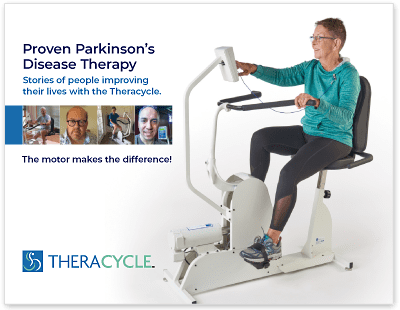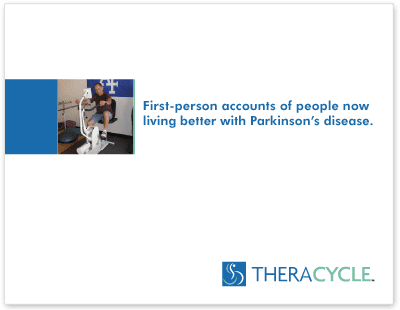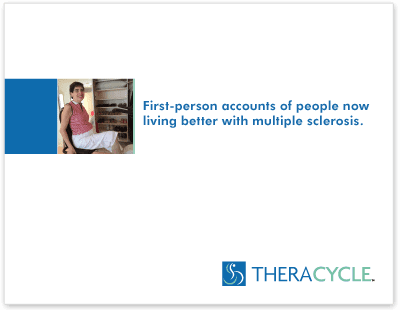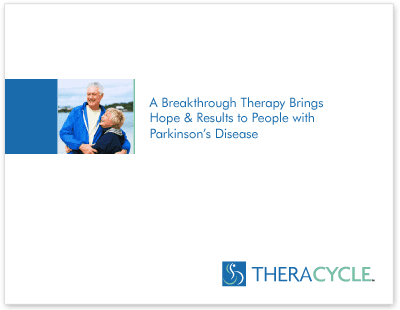- ›
- Stories
- ›
- Tips and Advice
- ›
- Six Steps to Fall Prevention from the NCOA for Seniors
Stories
Six Steps to Fall Prevention from the NCOA for Seniors

· From: National Council on Aging – www.ncoa.org ·
Did you know that one in four older Americans falls every year? Falls are the leading cause of both fatal and nonfatal injuries for people aged 65+.
Falls can result in hip fractures, broken bones, and head injuries. And even falls without a major injury can cause an older adult to become fearful or depressed, making it difficult for them to stay active.
If you have an aging parent, grandparent, or neighbor in your life, helping them reduce their risk of falling is a great way to help them stay healthy and independent as long as possible.
The good news about falls is that most of them can be prevented. The key is to know where to look. Here are some common factors that can lead to a fall:
- Balance and gait: As we age, most of us lose some coordination, flexibility, and balance— primarily through inactivity, making it easier to fall.
- Vision: In the aging eye, less light reaches the retina—making contrasting edges, tripping hazards, and obstacles harder to see.
- Medications: Some prescriptions and over-the-counter medications can cause dizziness, dehydration or interactions with each other that can lead to a fall.
- Environment: Most seniors have lived in their homes for a long time and have never thought about simple modifications that might keep it safer as they age.
- Chronic conditions: More than 80% of older adults have at least one chronic condition like diabetes, stroke, or arthritis. Often, these increase the risk of falling because they result in lost function, inactivity, depression, pain, or multiple medications.
6 Steps to Reducing Falls
Here are six easy steps you can take today to help your older loved one reduce their risk of a fall:
1. Enlist their support in taking simple steps to stay safe.
Ask your older loved one if they’re concerned about falling. Many older adults recognize that falling is a risk, but they believe it won’t happen to them or they won’t get hurt—even if they’ve already fallen in the past. A good place to start is by sharing NCOA’s Debunking the Myths of Older Adult Falls. If they’re concerned about falling, dizziness, or balance, suggest that they discuss it with their health care provider who can assess their risk and suggest programs or services that could help.
2. Discuss their current health conditions.
Find out if your older loved one is experiencing any problems with managing their own health. …







